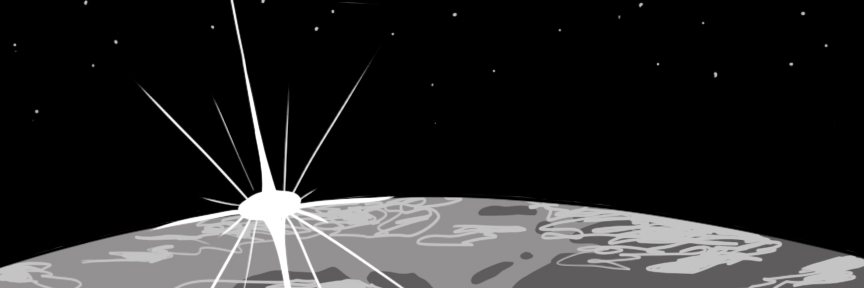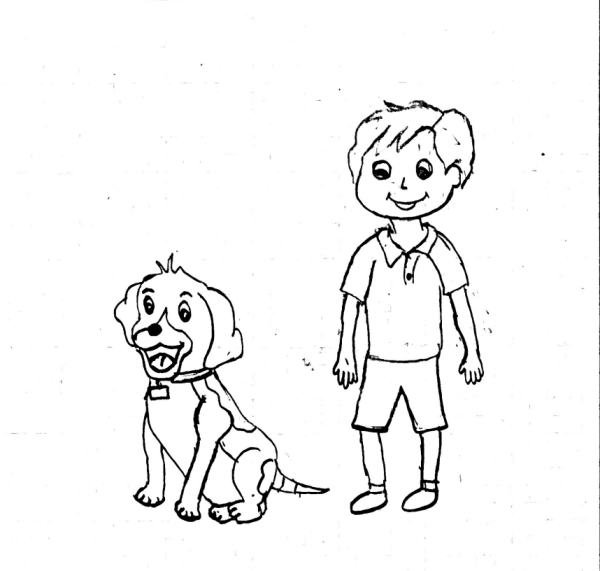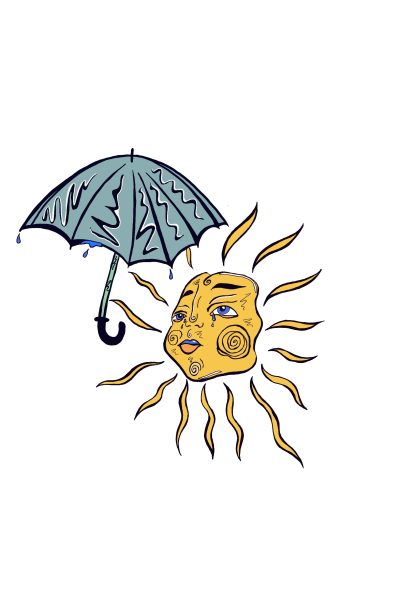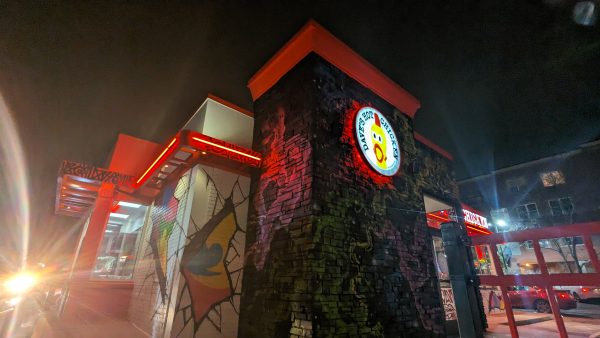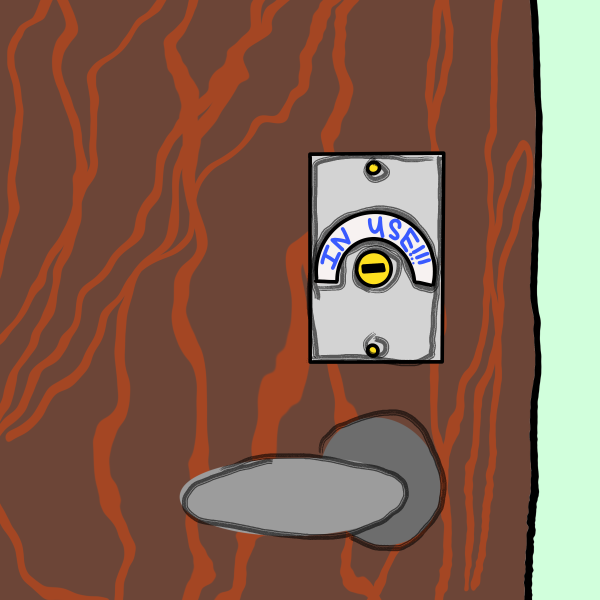How will we know when the world is dying?
September 25, 2019
I recently read a story on CNN about something called climate anxiety. Although it hasn’t been defined as a clinical definition, climate anxiety refers to mental and emotional distress produced or caused by environmental change.
The article put a name to something I’ve felt for years: a suppressed panic that flutters in the back of my head when I think about climate change and environmental destruction. The feeling is a little like looking over the edge of a cliff when you’re scared of heights. My stomach does that same flip when I realize the Amazon is burning and there’s a hurricane pounding the Bahamas—and there doesn’t seem to be anything I can do about it.
Once I read the words “climate anxiety,” I realized that sick feeling is my existential environmental dread rearing its head.
I also realized I don’t know what to do with this feeling. What am I supposed to do when I’m afraid the world might catch fire or flood in the next decade and that there may be nothing I can do to stop it?
So I did what journalists do when they have questions: I reached out and asked if anyone would talk to me about their feelings on climate change.
Gabe Mianulli, a senior and creative writing major, was one of the first people who responded to my request. He told me he’s lived with climate anxiety for most of his life.
“I think it’s our survival instinct blaring its alarm,” Mianulli said. “I know I’ll be here to see the giant turd hit the air conditioning. And I need to start preparing for that mentally and emotionally.”
Maybe that’s part of the problem. In a way, preparation for environmental disaster is comparable to preparing for active shooters. Sometimes the act of preparing leaves its own scars. That’s been Mianulli’s experience.
“I think about [climate change] every day, all the time, more than I’d like to sometimes,” he said.
Mianulli follows climate debate and environmental news closely, even though it sometimes makes him feel helpless. He says the key to learning about climate change and not being overwhelmed by it is to be intentional about what you do with the things you learn.
“You can and you should consume information, but you shouldn’t let the information consume you,” Mianulli said.
In other words, we can’t keep kicking the can down the road and pretend nothing is happening. But we also can’t collectively freeze in the middle of the road while the climate change truck barrels towards us.
I’m currently taking a class on environmental conflicts with communications professor Suda Ishida, so I asked her what she thought. She reminded me to be endlessly critical of information, to question where it comes from and to understand whose agendas it might be serving.
“This is the post-truth regime,” Ishida said. “We sometimes don’t have access to the knowledge, so we go to people and we repeat what they said.”
Ishida was referring to journalists, but I think our media-saturated world makes it applicable to everyone. I’d like to know exactly what’s going on, if we really have until 2050 to stop burning fossil fuel and make compostable computers and get rid of all the straws. It’s hard to know what’s going on when I don’t have direct contact with the places where environmental upheavals are taking place and when I don’t know enough about science and the environment to know what I should be worried about.
I’m not the only one with questions about what’s happening. In three days, I had a half dozen conversations with students about climate change and anxiety. Each one raised new questions.
What do we do when we have questions that no one seems able to answer?
Is it even ethical to start a family given our current trajectory?
How do we compartmentalize fear so we can still function?
How will we know when the Earth is really dying?
I entered this conversation from a place of realizing that I had questions and no answers. I think it’s a powerful place to be. Everything is on the table and open for examination.
My invitation to talk about climate change/anxiety is still open. Send me an email. Write a letter to the editor. Post on social media and engage with your community. Let’s talk.

